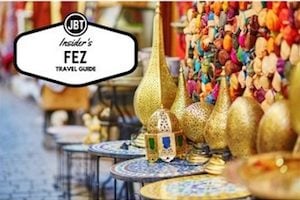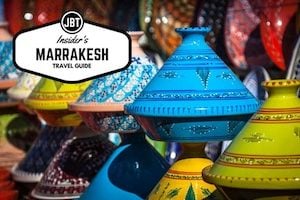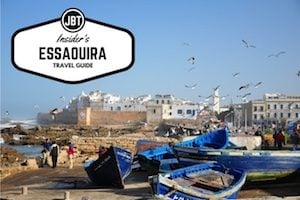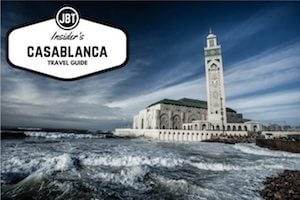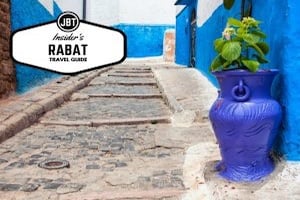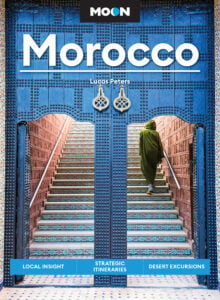In rural areas, villages have their own schools. The villagers choose the teacher, dubbed the fqih. He is provided with the provisions necessary for living in the village instead of money. The fqih is an important part of the village. He is seen as an advisor to the people as well as the one responsible for the education of the children.
Students range in age from five to mid teens. Most leave school when they are old enough to work in the fields. In the villages, many parents cannot afford to send their children to the public schools, so Koranic schools may provide the only formal education these students receive.
Forty students in one classroom is not unusual. Students are taught to write and memorize verses from the Koran. No math or science is taught, nor are any other regular school subjects. In the villages, religion is far more important than secular education. Ablutions and prayers are considered more important.
While the Moroccan government is working hard to provide schooling to the primary students, many villagers do not trust teachers that the government sends. The teachers might be viewed as outsiders. Village inhabitants do not have any say in the hiring process and the teachers represent a new kind of lifestyle. Teachers do not have a central role village life as the Koranic teacher.
For the most part, formal, general education is ignored in rural areas. While parents will sometimes enroll children in government provided schools, they usually pull the students out after a few months because of financial hardships. Koranic schools will remain an important central focus for the villages of Morocco.
Written by: Carole Morris

